Public Rights Project – on behalf of a coalition of 32 Pennsylvania county commissioners, councilmembers, and election officials – filed an amicus brief in Black Political Empowerment Project v. Schmidt urging the Pennsylvania Supreme Court to uphold the recent Pennsylvania Commonwealth Court’s decision to eliminate the requirement to date absentee ballots on the outer envelope.
Signatories serve a broad range of counties across Pennsylvania: Armstrong, Bucks, Butler, Cameron, Centre, Chester, Clarion, Clinton, Dauphin, Delaware, Erie, Fayette, Indiana, Jefferson, Lebanon, Lehigh, Luzerne, Mercer, Montgomery, Northampton, and Venango.
Relying on direct experience and the expertise of Pennsylvania election officials, the brief cites numerous examples where rejecting undated or misdated ballots disenfranchised voters who rely on absentee or mail-in ballots.
In its decision, the Pennsylvania Commonwealth Court determined that the date requirement no longer serves a government interest and therefore violates the Pennsylvania Constitution’s clause about administering free and fair elections. The coalition of election officials agreed, stating in the brief that the date requirement does not help determine if the ballot was received in a timely manner by the county, nor does it have any bearing on determining voter fraud. Instead, the rule requires election workers to expend additional time and resources to conduct educational outreach about ballots, flag ballots for errors, and notify voters of errors.
The brief also elevates a major concern about voter disenfranchisement. After the date requirement resulted in 10,000 votes being tossed out during the state’s 2022 general election, this coalition of clerks is particularly invested in ensuring that voters in their counties are able to exercise their right to vote.
In Pennsylvania – which has one of the highest populations of older voters in the country – mail-in ballots have become a critical tool to expand voting access for people aged 65 and older, who may have trouble accessing polling places due to disabilities or distance from their home. The uptick in mail-in voting for this demographic means older voters have been disproportionately disenfranchised by the date requirement rules.
This isn’t the first time Public Rights Project has built a coalition of election officials to defend voting access and the election process. Earlier this year, Public Rights Project filed an amicus brief in the federal case, NAACP v. Schmidt, in the Court of Appeals for the Third Circuit. The brief explained the burden on election officials to screen and discard ballots based on immaterial errors, like misdated or undated ballots, required them to expend unnecessary time and resources





